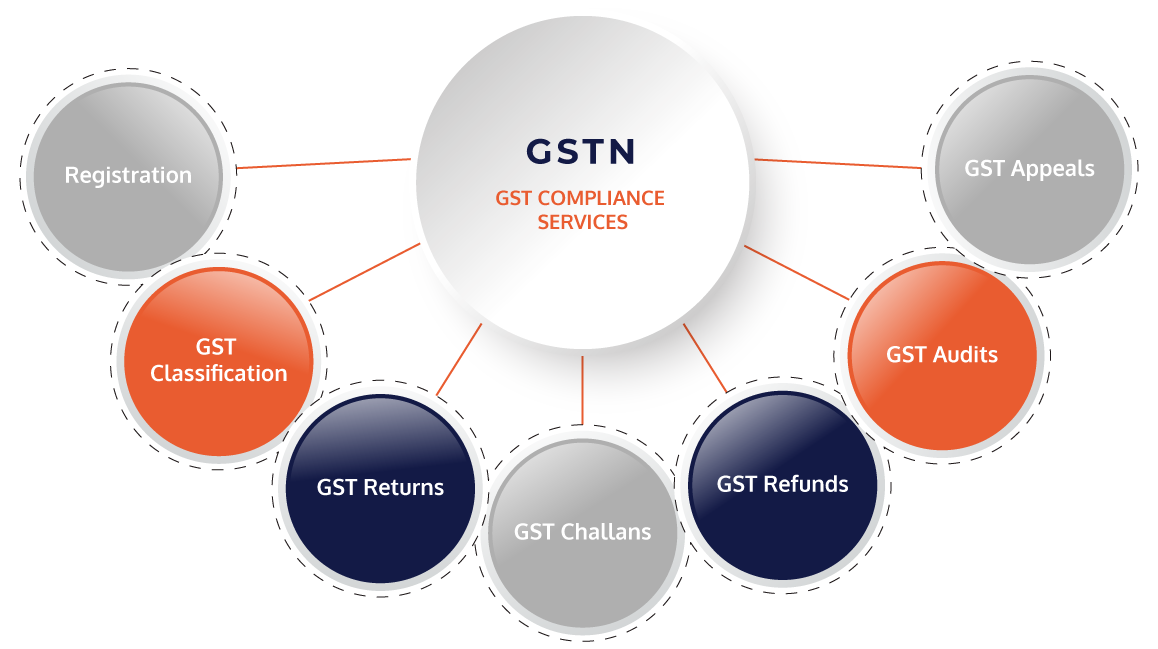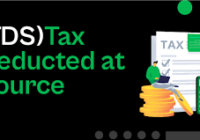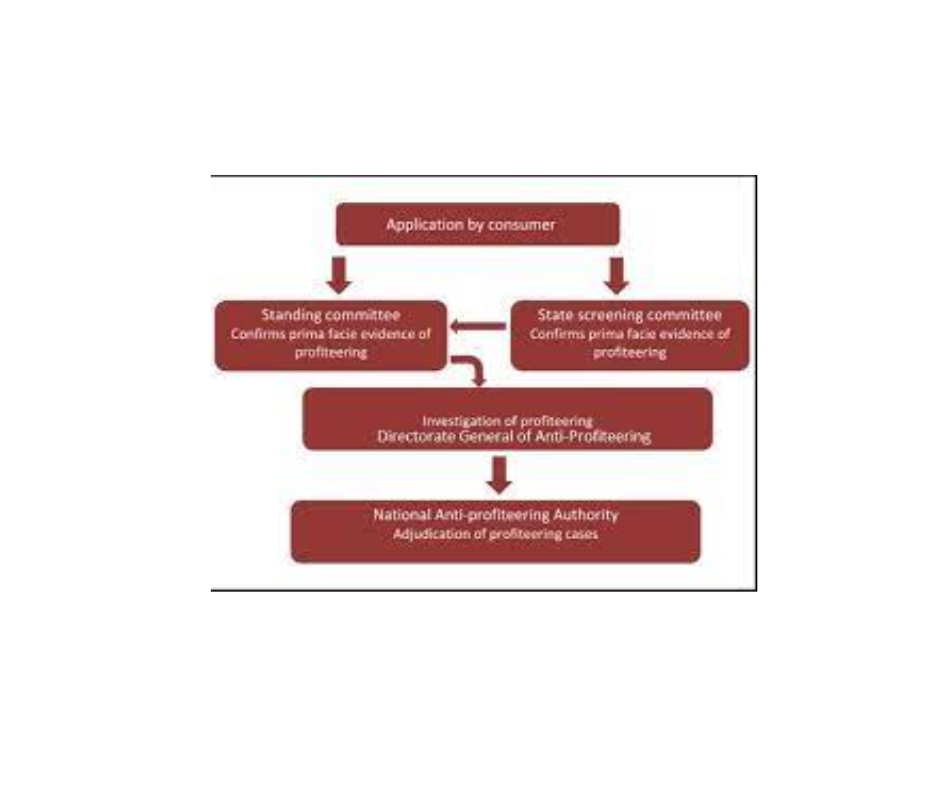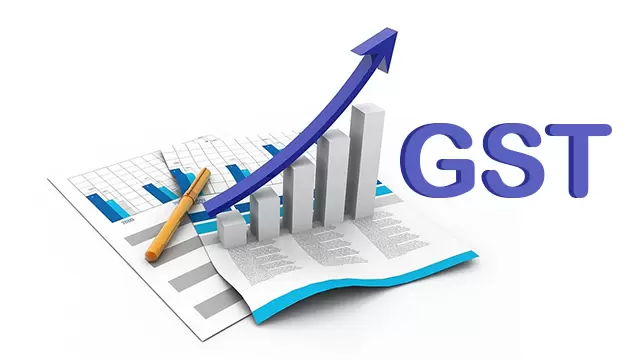GST compliance in India?
GST Compliance in India GST Compliance, In India, when we talk about GST compliance, it means abiding by the guidelines and regulations established by the Goods and Services Tax (GST) system, which has been implemented by the Government of India: Good and service Tax Registration: Businesses that meet the prescribed turnover threshold are required… Read More »









